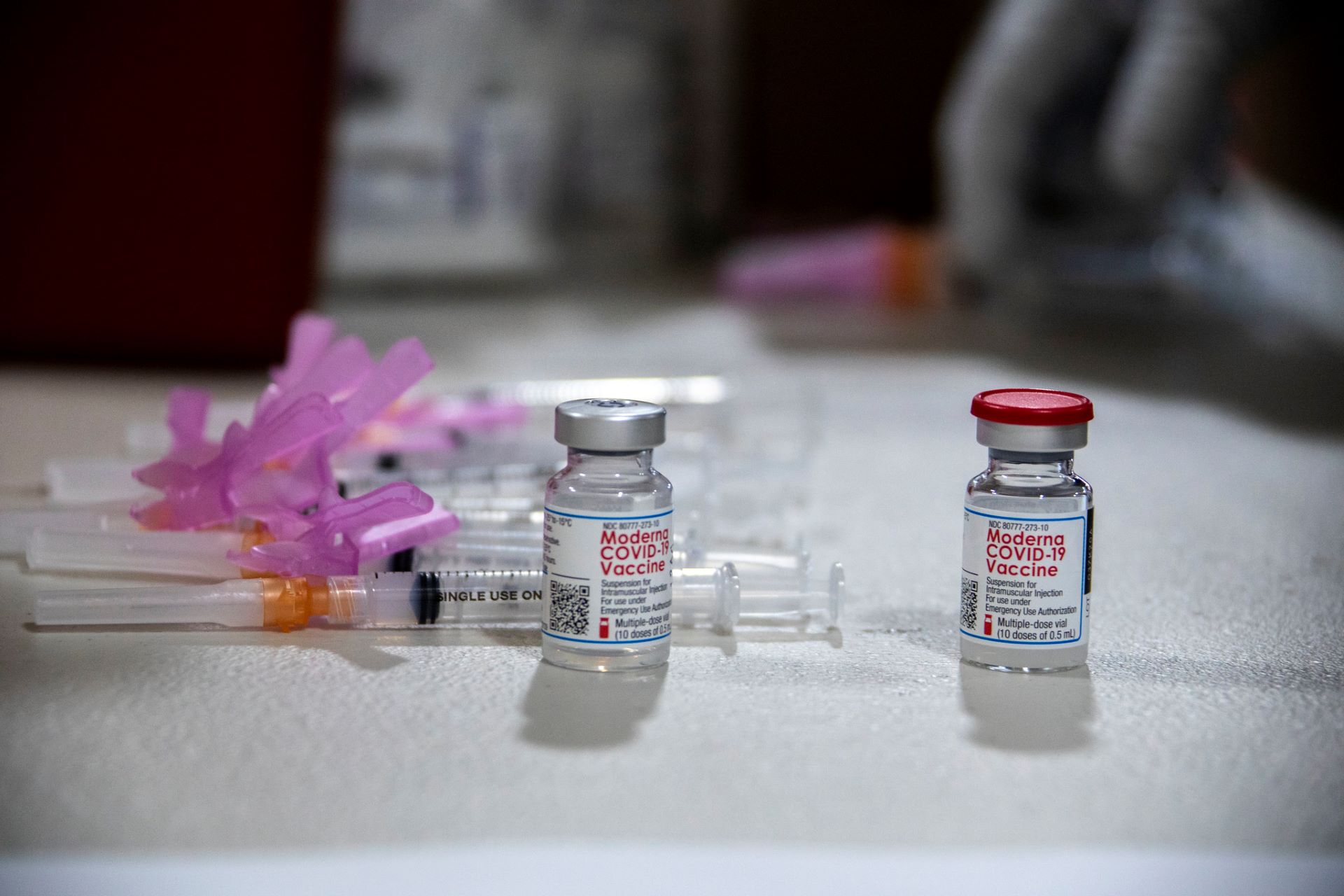
The responses were observed against the SARS-CoV-2 virus and two variants of concern, the B.1.351 variant, which was first detected in South Africa, and the P.1 variant found in Brazil.
The mRNA-1273 Covid-19 vaccine is authorised for emergency use for active immunisation to prevent Covid-19 in adults, while mRNA-1273.351 is a booster vaccine candidate based on the B.1.351 variant.

Discover B2B Marketing That Performs
Combine business intelligence and editorial excellence to reach engaged professionals across 36 leading media platforms.
A multivalent booster candidate called mRNA-1273.211, a combination of mRNA-1273 plus mRNA-1273.351, is also being evaluated.
The Phase II study is assessing three ways for increasing neutralising titers in already vaccinated subjects using mRNA-1273.351, mRNA-1273.211 and 50µg mRNA-1273 booster dose.
Data from the trial showed that mRNA-1273.351 booster dose provided increased neutralising antibody titers against the B.1.351 variant than mRNA-1273 booster dose.
Furthermore, safety and tolerability profiles on administering a third booster dose of 50µg mRNA-1273 or mRNA-1273.351 were in line with those noticed following second mRNA-1273 dose in earlier trials.

US Tariffs are shifting - will you react or anticipate?
Don’t let policy changes catch you off guard. Stay proactive with real-time data and expert analysis.
By GlobalDataThe vaccine boosters were found to be well-tolerated with mild or moderately severe adverse events.
In addition, the mRNA-1273.351 vaccine had a reduced reactogenicity profile as compared to mRNA-1273 in this Phase II trial.
Moderna CEO Stéphane Bancel said: “The strong and rapid boost in titers to levels above primary vaccination also clearly demonstrates the ability of mRNA-1273 to induce immune memory.
“Our mRNA platform allows for rapid design of vaccine candidates that incorporate key virus mutations, potentially allowing for faster development of future alternative variant-matched vaccines should they be needed.”
Data from the analysis of mRNA-1273.211 is anticipated soon, the company noted.
Parallelly, the National Institutes of Health unit National Institute of Allergy and Infectious Diseases is carrying out a Phase I study of mRNA-1273.351 vaccine.





